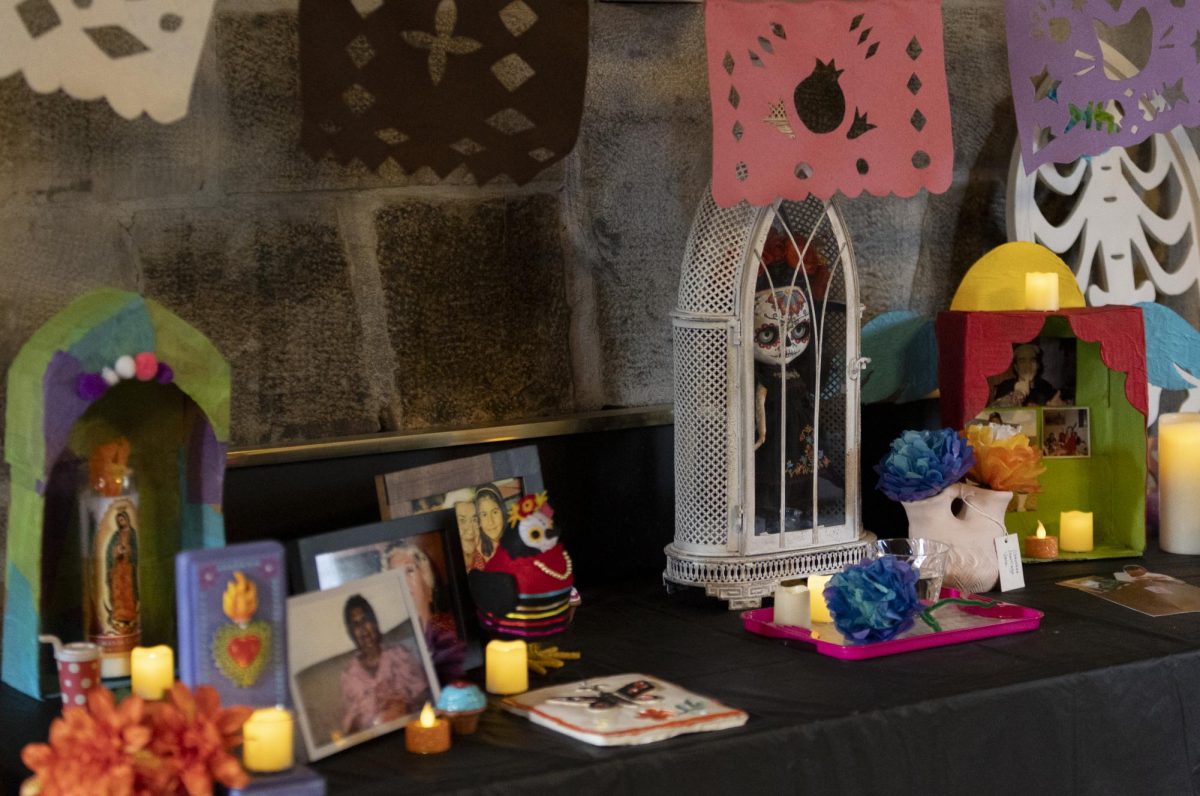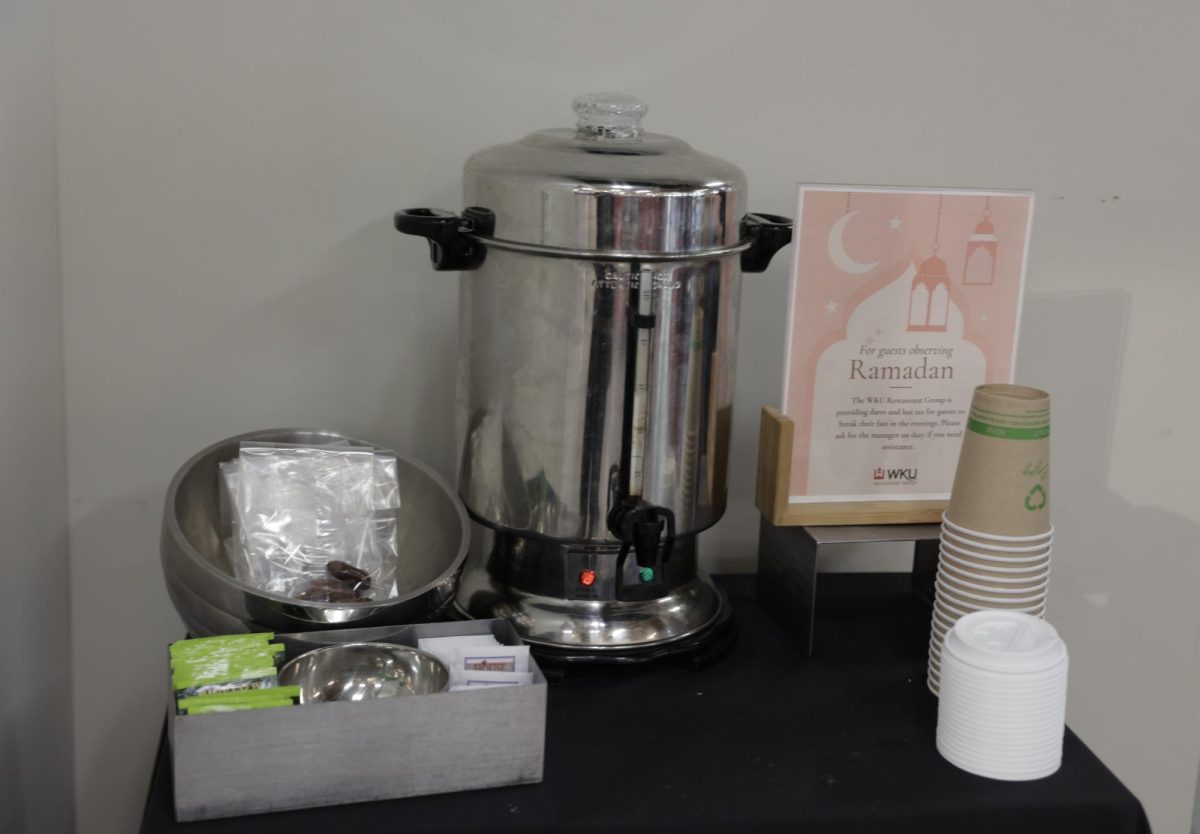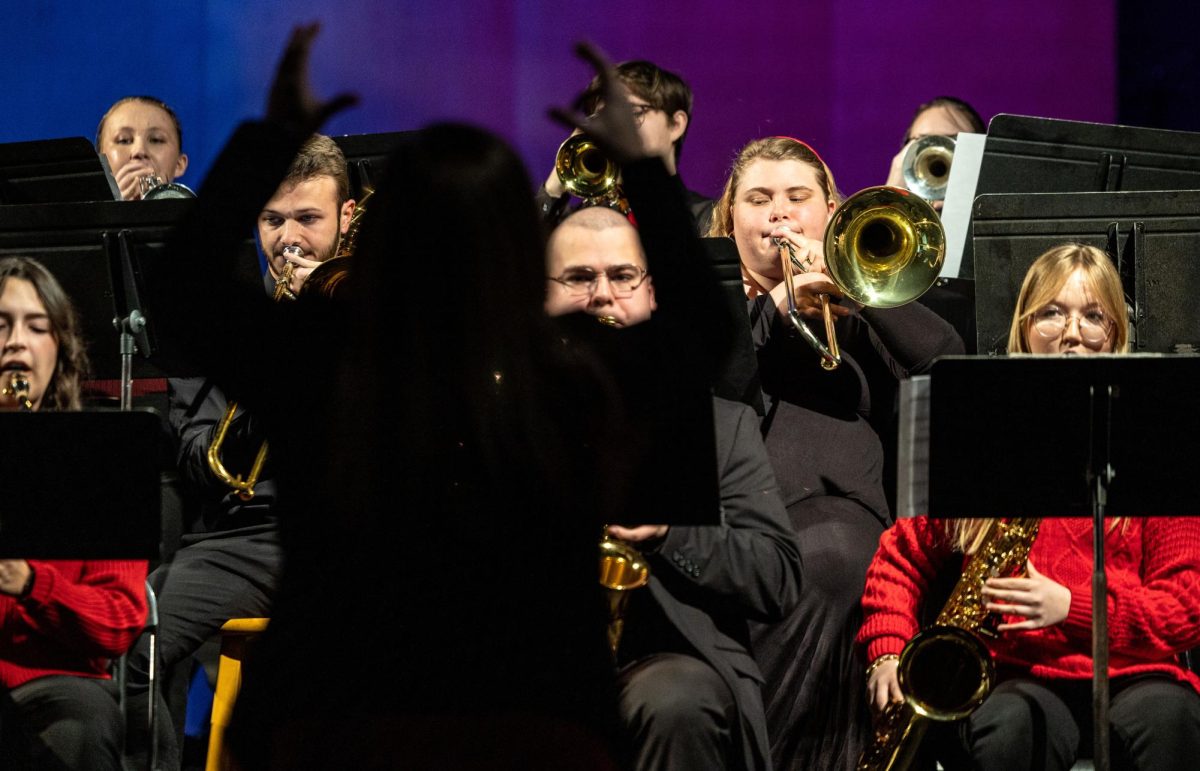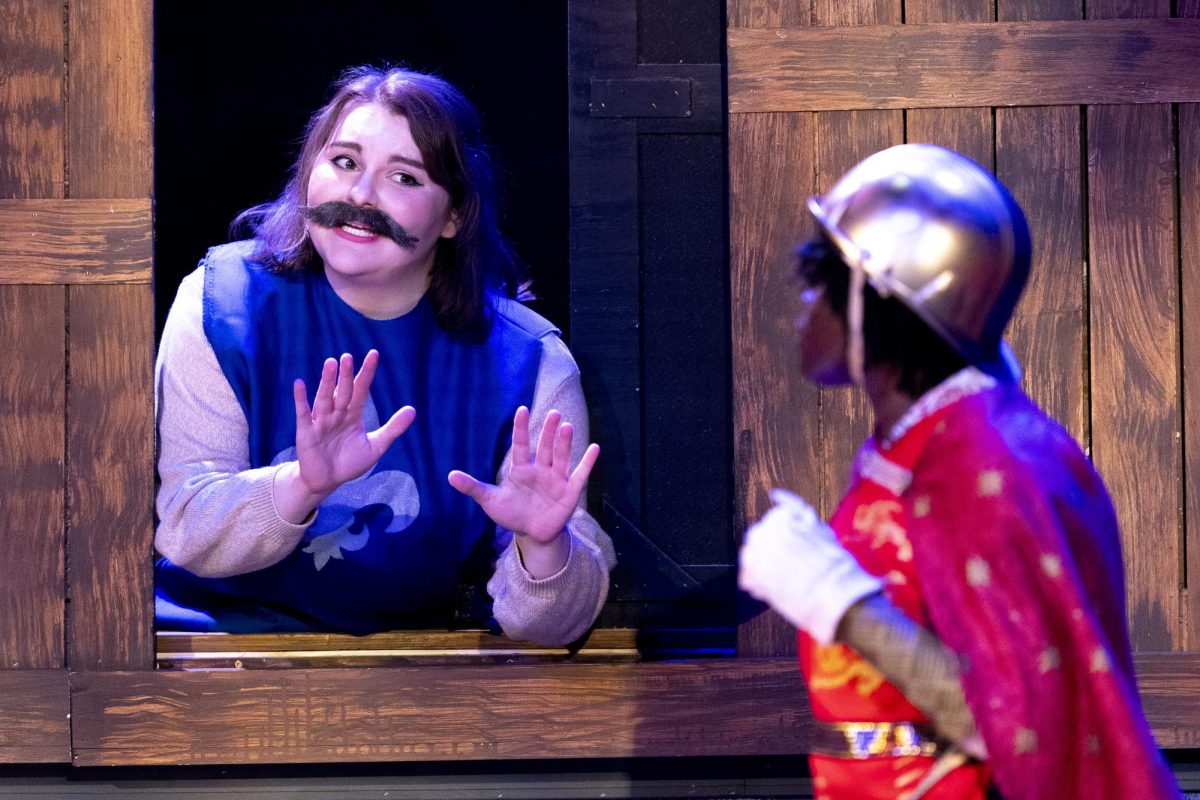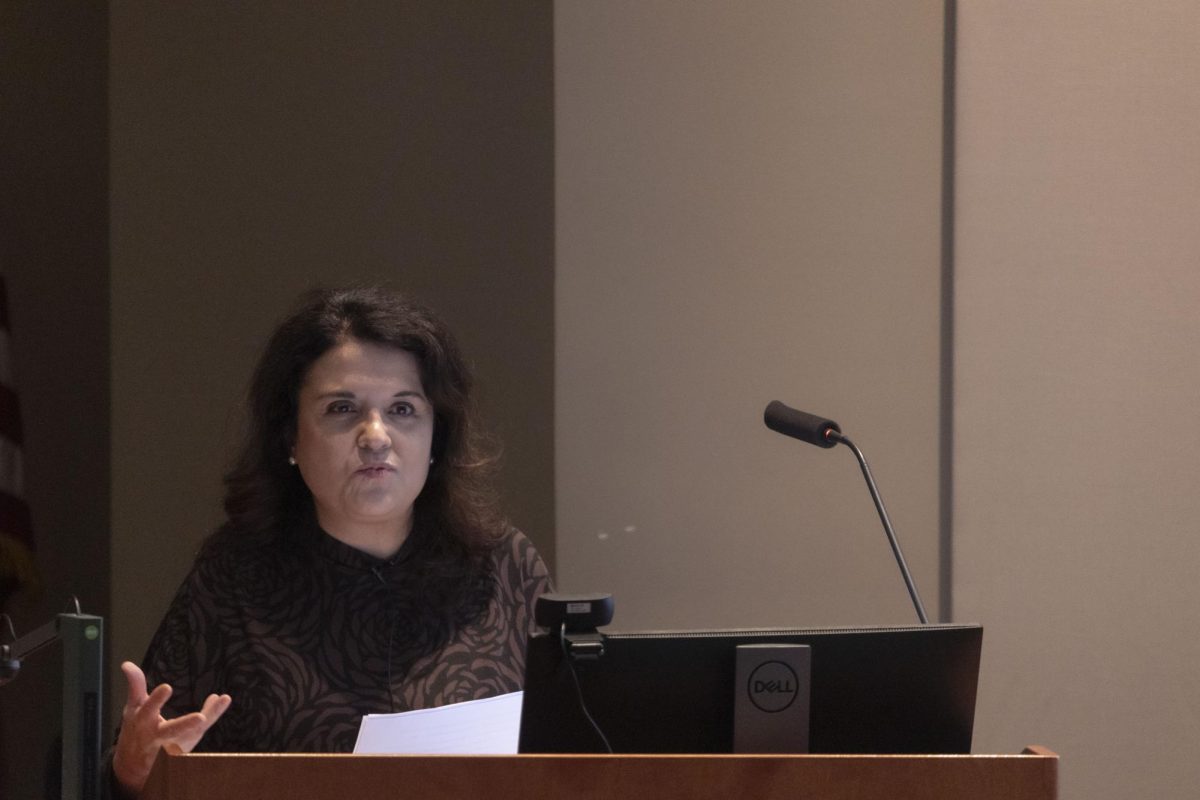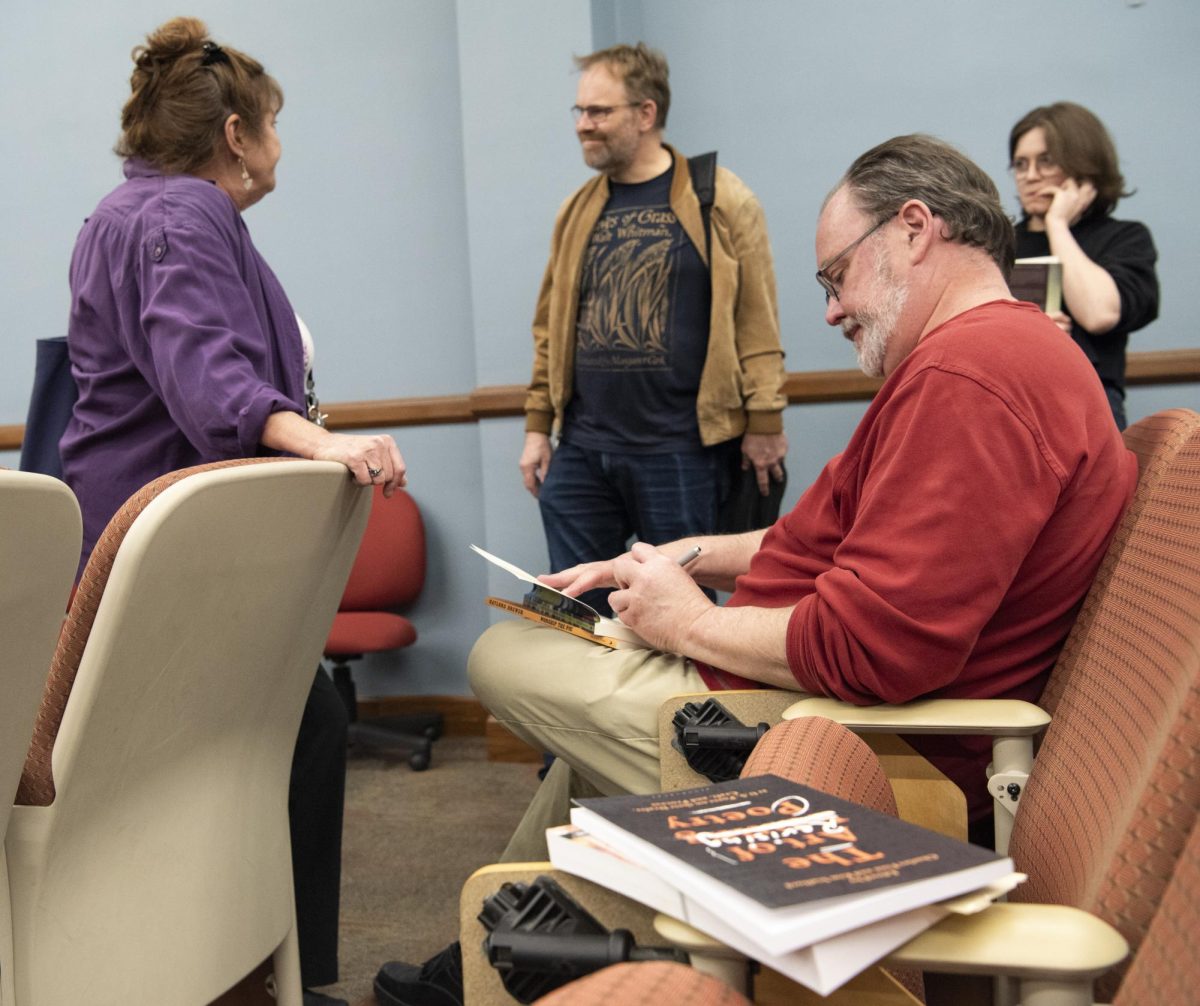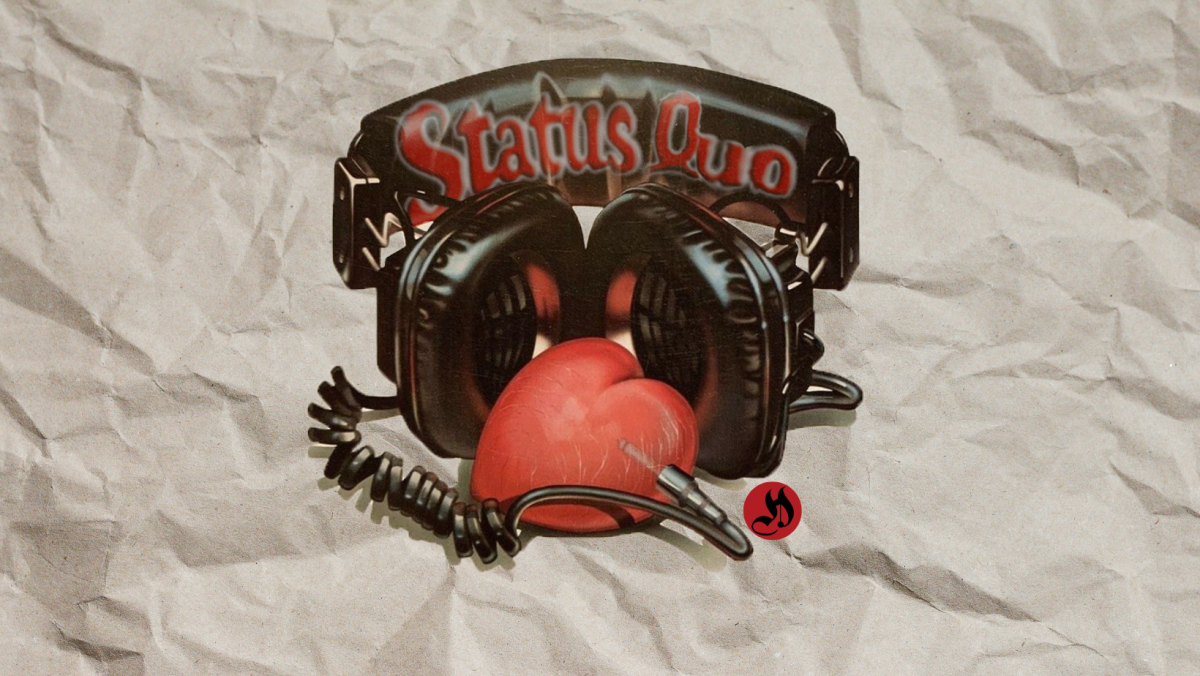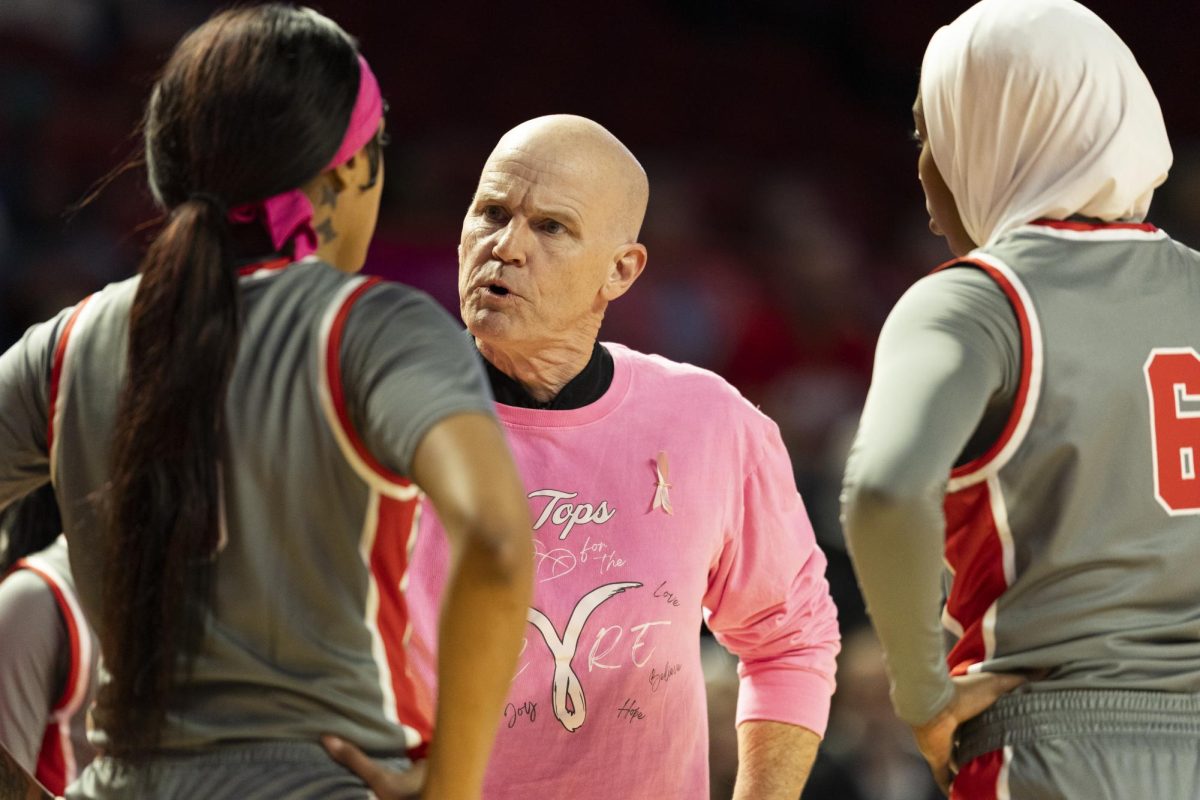The Kentucky Folklife program has partnered with WKU to create a community ofrenda for Día de los Muertos, occurring from 3 p.m. to 5 p.m. every Friday of October and on Halloween at the WKU Pioneer Log Cabin.
Día de los Muertos is a traditional Mexican holiday occurring primarily on the night of Oct. 31 and the first and second of November in which people celebrate the loved ones who have passed on. Camille Acosta, WKU folklife specialist, is helping to host the community ofrenda.
Acosta explained several different things are involved in the celebration of Día de los Muertos.
“They celebrate this idea of death as a welcoming presence. [As] The ones you really love never truly leave you,” Acosta said.“So, it’s a couple of nights of celebration. By celebration, it means getting this giant altar and putting pictures of all those that you loved that have passed on.”
Acosta explained how this celebration helps comfort individuals who are either grieving or have lost those important to them.
“Putting things that remind you of them, such as articles of clothing, or maybe tools and trinkets that, you know, you associate with those people,” Acosta said. “And of course, you can’t have a good Mexican celebration without food.”
Sydney Varajon, folk studies instructor, brought several different things to the ofrenda to honor both of her late grandfathers.
“So, my paternal grandfather put a lot of black pepper on pretty much everything he ate. So I actually just took a little shaker of coarse black pepper down there, and then some seashells because he lived in Florida,” Varajon said. “And then, my other grandfather was a forest wildlife ranger, so I brought some items related to that. So, in addition to some photographs, I added some found objects like dried flowers or things that I had found outside. ”
Both Acosta and Varajon spoke on how celebrating death in this way helps in confronting such a daunting subject, dispelling the stigma of death.
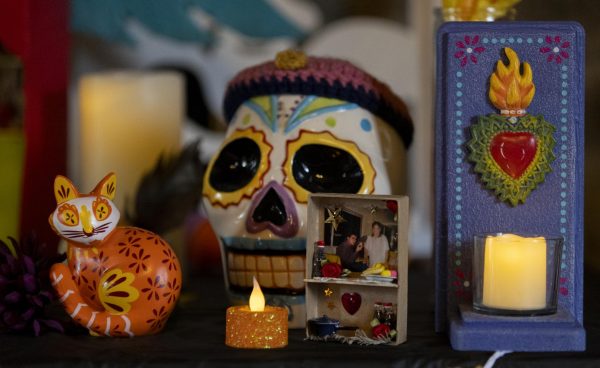
“I feel as though this celebration helps you kind of mourn and grieve in a communal sense, and in a positive sense. Death is scary no matter how you look at it, but when you’re with the people that you love, telling the stories about the people that you love, you know, it feels warmer,” Acosta said. “It feels like, ‘I don’t feel as lost, and I don’t feel as alone’. And, you recognize it in a more colorful kind of way.”
Acosta believes that for Latino WKU students, the ofrenda is a way to find community and have a relation to their cultural heritage, no matter how far from home they may be.
“I always wanted to find that community and that relation to my cultural heritage that made me feel happy and made me feel better,” Acosta said. “And so, I like to think having something like this up for the community can create that safe space of accessibility for others too.”
This is reinforced by Leanne Hernandez Plancarte, a Mexican-American freshman interior design major. She feels that the ofrenda is inclusive of all students on campus, and is planning to put something in the ofrenda if she finds something fitting. Plancarte added that she hasn’t personally seen something like this done for Hispanic students.
“It definitely feels inclusive, like, it makes me happy that somebody’s making an attempt to include everybody’s culture,” Plancarte said.
Acosta emphasized how no matter if you are Latino, Hispanic or neither, the ofrenda is something accessible to everyone, encouraging everyone to contribute.
“Mourning and grieving and the celebration of death can be for absolutely everyone, as long as everyone is respectful in what they do,” Acosta said. “And so, I think this is great. I think this is a beautiful medium or tool of communication for people who just need it.”
News Reporter Apollo Menéndez can be reached at kyra.menendez705@topper.wku.edu

